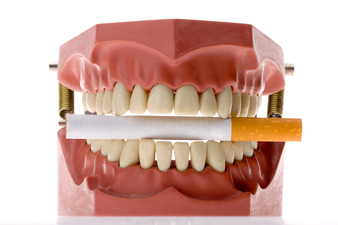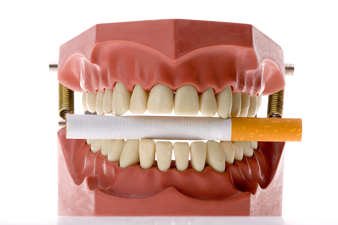Mouth Cancer / Oral Cancer Causes and Symptoms


Mouth cancer (sometimes known as oral cancer) mainly affects the tongue, cheeks, throat and lips. However, it can also develop in the tonsils and the salivary glands.
How common is mouth cancer, and who is most likely to get it?
Mouth cancer most commonly strikes men over forty, but recent years have seen an increased amount of young people being diagnosed with different forms of mouth cancer. Overall, it accounts for approximately one in fifty cases of cancer.
What can cause mouth cancer?
The majority of mouth cancers are known to be caused by tobacco (whether smoked or chewed), or by excessive alcohol consumption. If you are a smoker who regularly drinks a lot of alcohol, you are in the highest risk group for all forms of mouth cancer. Indeed, research on the prevalence of this disease has shown that smoking more than 40 cigarettes a day and drinking around 30 pints a week makes you a shocking 38 times more likely to develop mouth cancer.
This correlation results from the fact that tobacco and alcohol both contain chemicals that can cause cancer by damaging your DNA and leading abnormal cells to replicate out of control. Smoking cannabis poses a similar rise, as it will expose you to higher levels of carcinogenic tar than ordinary tobacco smoke.In recent years, scientists have also been investigating why young people seem to be developing mouth cancer much more often, and they have uncovered a strong connection between mouth cancer and human papillomavirus (or HPV).
HPV is the virus that causes genital warts, and it can be transmitted through any form of sexual contact. In addition to being the main cause of mouth cancer in young people, HPV increases the risk of cervical cancer in women. If you want to avoid contracting the virus, limit promiscuity and always use appropriate protection if you are unsure of your partner’s sexual history.Finally, there is an increasing amount of data suggesting that a diet high in red meat and fried food increases the likelihood of developing any form of mouth cancer, and there is evidence that excessive sun exposure increases your risk of lip cancer.
What are the symptoms of mouth cancer?
As you will expect, different forms of mouth cancer will cause different symptoms to emerge. The classic signs include a painless ulcer that does not heal, a red or white patch in your mouth, or an unexplained swelling in your mouth. If you notice one or more of these symptoms and they do not disappear within a few weeks, contact us so that we can examine the suspicious area. However, you should also be mindful of the less common symptoms of mouth cancer. These include pain when swallowing, a tooth that loosens for no apparent reason, vocal changes, taste changes, neck swellings, and earache.
What is the prognosis for people with mouth cancer?
If mouth cancer is found at an early stage, there is a good chance that it can be cured. Encouragingly, it is thought that four out of five people with early stage mouth cancer live for at least five years after their initial diagnosis. However, if mouth cancer is not discovered until its advanced stages then the survival rate is dramatically reduced. The three main treatments are surgery, chemotherapy and radiotherapy, but the location and severity of cancer will influence the suitability of each possible combination of these options.
How can the risk of mouth cancer be reduced?
Firstly, if you are a smoker then it is vital that you stop smoking immediately if you want to avoid developing any form of mouth cancer. It is also important that you do not regularly exceed the recommended weekly limit for alcohol consumption, that you practice safe sex, and that you eat plenty of fresh vegetables.
Since an early diagnosis of mouth cancer is crucial for your survival, we strongly encourage you to report any worrying symptoms so that the possibility of cancer can be thoroughly investigated. It is also important to be aware that many cases of mouth cancer are first noticed by dentists during routine checkups, as we can see areas of your mouth that you cannot easily see in a mirror. This is yet another reason why it is extremely important to visit us on a regular basis, even if you think that you are in good health.



